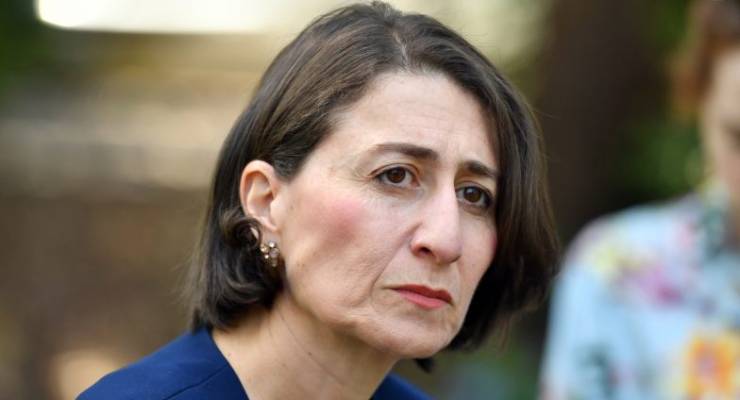
Across Australia strict lockdown measures are being gradually wound back to a collective sigh of relief.
Here’s what you can and can’t do across the country.
NSW
The state with the most cases of coronavirus was also among the first to relax restrictions. From today, two adults will be able to visit other households for social gatherings. Earlier this week, Bronte, Bondi and Tamarama beaches were reopened to locals.
Meanwhile, the death toll at Newmarch House in Sydney has risen to 13 this morning, the second-largest cluster after the Ruby Princess cruise ship in NSW.
NSW will also release an Australia-first heat map to show recovery rates and testing numbers by suburb.
Victoria
Premier Daniel Andrews has insisted lockdown measures stay in place until May 11, when the state of emergency is lifted, with 100,000 people to be tested across the next two weeks.
While going to work and school is allowed, along with shopping and exercise, Victorians are still being told that if they can stay at home, they must stay at home.
ACT
The ACT has been the first jurisdiction to become coronavirus-free with no active cases. The territory already had fairly lax restrictions with no ban on non-essential travel and two adults allowed to visit other households.
The ACT has no formal plan to reopen pubs, clubs and gyms for fear they’d be swamped with plagued visitors from NSW.
South Australia
No formal easing of restrictions here either, despite the state hitting eight consecutive days of no new COVID-19 cases. Earlier in April, restrictions were relaxed to allow wineries, breweries and cellar doors to offer takeaway, while on Wednesday the Barossa Valley wine and tourist region was reopened.
Tasmania
Following a cluster of cases linked to two Ruby Princess passengers, the state has no plans to ease coronavirus restrictions. Restrictions on non-essential retailers have even been extended in the north-west of the state, with retailers such as Kmart and Harvey Norman to remain closed until next week.
Queensland
From tomorrow, Queenslanders will be able to travel up to 50 kilometres away from their homes. Residents are also allowed to picnic in a national park and shop for non-essential items.
Northern Territory
NT has been the first jurisdiction to release a comprehensive exit strategy, detailing how and when businesses and sporting events are to return to normal.
The 10-person-limit guideline for outdoor activities is no longer in place, with non-contact sport allowed and several parks and recreation areas reopened. Funerals and weddings are also allowed so long as social distancing guidelines are adhered to.
On June 5, nightclubs and other businesses will be able to reopen and team sports resume.
Western Australia
Groups up to 10 are allowed to gather inside or outside, with picnics, barbeques and small sporting games permitted. Restaurants are still only allowed to offer takeaway, while churches and pubs remain shut.
What will this look like?
A report by consultancy firm WSP Australia has reported that measures must be put in place to keep Australians feeling safe on public transport to ensure they don’t switch to cars. The firm advised public transport only be run at 30-50% capacity to allow for social distancing.
Domestic violence services are preparing for a surge in demand as restrictions are relaxed, with people able to move about to get support.
Around the world…
Russian Prime Minister Mikhail Mishustin has been diagnosed with coronavirus as cases in the country surge past 100,000.
Billionaire tycoon Elon Musk has called US lockdown restrictions “fascist”, as US President Donald Trump announced social distancing guidelines won’t be extended when they expire this week. Interstate travel will be permitted as the country’s death toll passes 60,000.
UK Prime Minister Boris Johnson has announced the government will next week release a plan on how to reopen schools and workplaces.








It will be fascinating to see the public reaction when, not if, infections spike again after the great Liberation.
Amidst the ‘body politic’, the publics reactions will just have to be the physical laws of physics/chemistry/biology . No?
One might wish that were the case but politics has little to do with reality – it’s all about perception & manipulation.
People keep saying that the COVID App applied in Singapore didn’t prevent a new flare up of the virus. This needs a couple of points made: (1) Nobody said it would, even if it had been taken up by the 40% they were saying they needed. It was meant to be an aid to tracing. (2) Despite Singapore’s undisputed status as a first World society its crowded, unsanitary arrangements for migrant workers are as third world as in some of Australia’s remote communities. But they’re not remote, they’re right there amongst the local population. A COVID cluster waiting to happen.